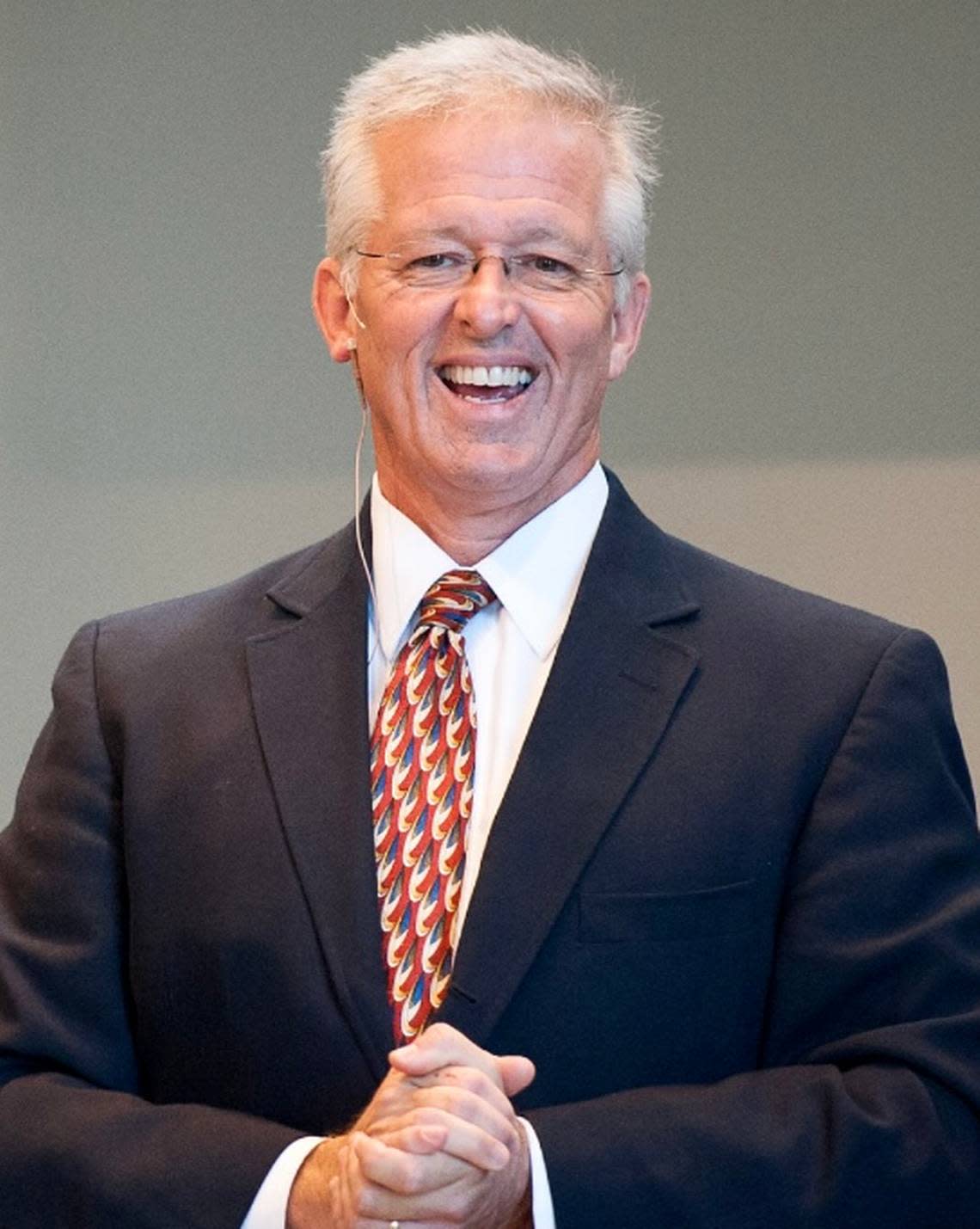After 2010 earthquake, Haiti, global community failed to build back stronger | Guest Opinion
As we mark the 13th anniversary of the 7.0 earthquake that devastated Port-au-Prince, Haiti, on Jan, 12, 2010, many people still blame that catastrophic tragedy for the economic woes and violence plaguing Haitians today.
However, neither the earthquake, nor the lack of full recovery are solely at the root of its current ills.
Haiti has long dealt with corrupt political leadership and a lack of foresight in building the country’s infrastructure, but it was on an upward trajectory before 2010. While the devastating death toll — more than 200,000 people died — and healthcare needs rightly took precedent in the immediate aftermath of the earthquake, it was what came next that really prevented Haiti from making any sort of recovery.
Much has been reported about the billions of relief dollars that never made it into the hands of needy Haitians or the non-governmental organizations — NGOs — working on the ground to aid in recovery. Most of what was used properly went toward immediate, short-term needs, rather than being invested into rebuilding the country’s infrastructure. This is where the real failure lies in Haiti’s current conditions.
The earthquake was a jumping-off point to determine Haiti’s future. It could have been a time of advancements in development, but instead, marks the point since which it has seen nothing but decline. Yes, there was world involvement in aiding Haiti, but those involved were not doing the correct things for development and infrastructure while there.
We must find a different approach to development than just throwing money at a crisis. Otherwise, when the next crisis comes — and Haiti has seen more than its fair share — the country and its people will be no better off.
Development is hard work and takes a long time. We have failed Haiti in not convincing its leadership of its value. If you compare Haiti to Chile, for example, you can see the difference such an investment early on would have made. Santiago was struck by an even-stronger earthquake than Haiti’s that same year, but there was significantly less loss of life because so many of its buildings had been constructed to U.S. earthquake standards — a mark of wise leadership making long-term decisions to invest in development and infrastructure. Chile has continued to experience earthquakes regularly, but is able to grow and thrive because of the resiliency development brings.
Yes, Haiti has a difficult history of corrupt political leadership, but we in the international community must own up to our own failures in helping Haiti to recover from the 2010 earthquake. While we were focused on emergency needs after this devastating natural disaster, we should have also been working with Haitian leadership — which, at the time, was strong — in encouraging investment in infrastructure.
In addition, we should not have allowed international peacekeeping forces to have been withdrawn when Haitians were unable to protect themselves. The resulting chaos, terrorism and starvation are a result of errors among the international community, including the United States, one of Haiti’s closest neighbors.
We must do more to help Haiti restore the progress made before the earthquake, but, more than that, to make up for our failures that fueled its ongoing decline.
The earthquake 13 years ago was a precipitous event, but it in no way shoulders all the blame for the Haiti of today.
David Vanderpool M.D., is a surgeon who leads the international nonprofit, LiveBeyond. He has lived and worked in Haiti since 2010 providing clean water, nutritional support and healthcare to the poor of Thomazeau, Haiti. LiveBeyond’s hospital offers surgical, maternal delivery and general medical services. Its school provides educational opportunities to the neediest children and a demonstration farm offers agricultural education to local farmers to improve crop production.

